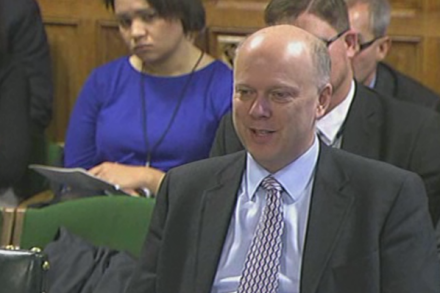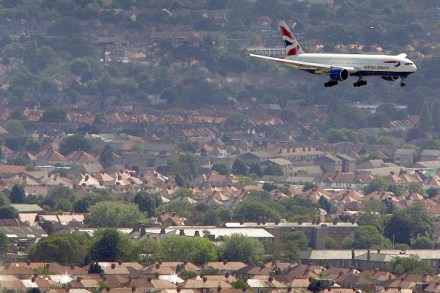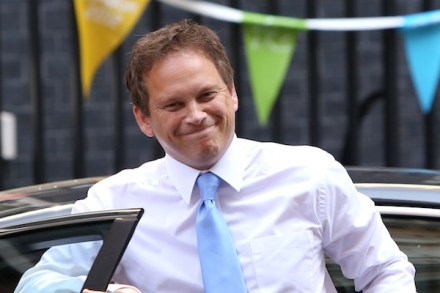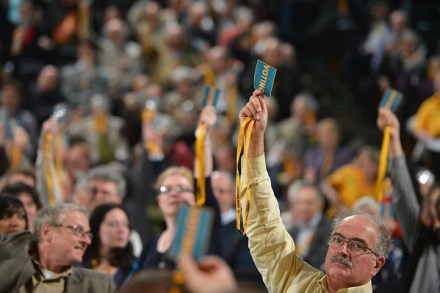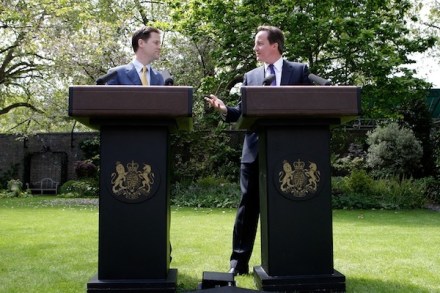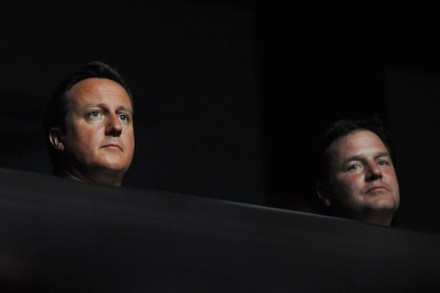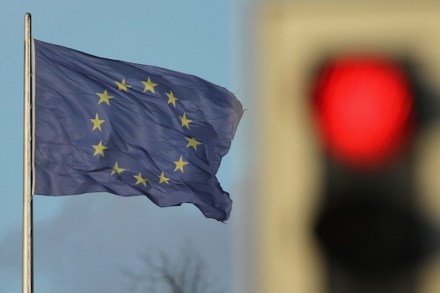The prisoner voting farce makes the case for Britain leaving the jurisdiction of the Strasbourg Court
It is hard to watch Chris Grayling’s interview with Andrew Neil on BBC1’s Sunday Politics and not conclude that Britain’s relationship with the European Court of Human Rights needs changing. The Justice Secretary effectively concedes that he can’t, as Lord Chancellor, vote to maintain the ban on prisoners voting. But ‘Parliament has the right to overrule the European Court of Human Rights.’ So we’re not stuck, Britain can do what it likes. Or, more accurately, what Parliament votes for. It looks likely that we’ll end up with Parliament resolving to uphold the ban on prisoner voting, but with the Secretary of State – as Lord Chancellor – obliged to sit
